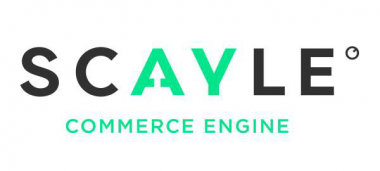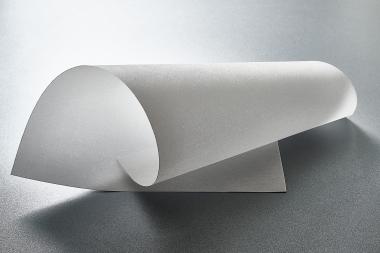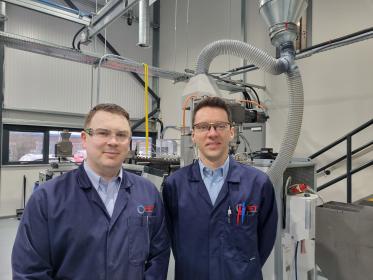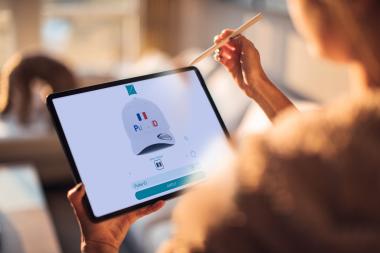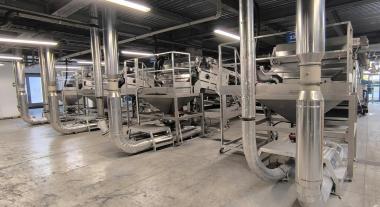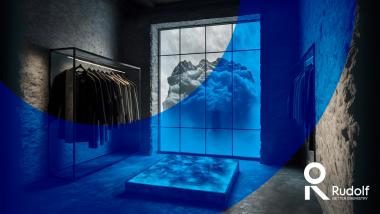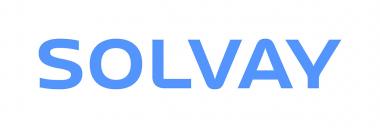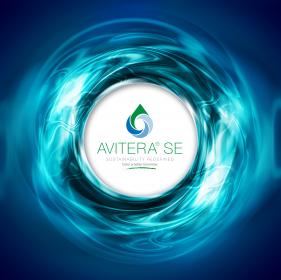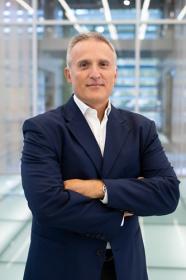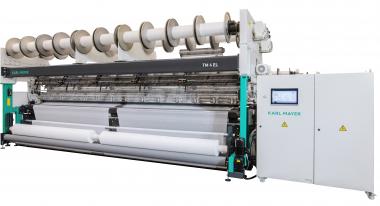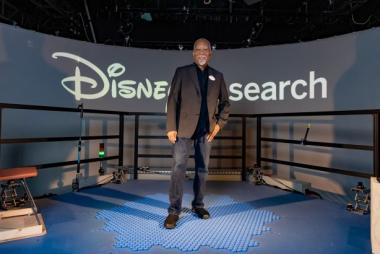Odlo: Online-Business mit Plattform von SCAYLE
Die Sportbekleidungsmarke Odlo hat sich für die Enterprise-Commerce-Plattform von SCAYLE entschieden, um das eigene Online-Business zukunftsfähig aufzustellen. Der Start der neuen Online-Präsenz von Odlo ist Anfang 2025 geplant.
Durch die Migration zu SCAYLE erhält der in der Schweiz ansässige Hersteller von Funktionsbekleidung eine E-Commerce-Plattform, die für B2C-Marken und Einzelhändler optimiert ist. Der Funktionsumfang von SCAYLE, inklusive spezieller Omnichannel- und Internationalisierungsfunktionen, ermöglicht es dem Sportunternehmen, sein Digitalgeschäft über Shops, Kanäle und Länder hinweg zu steuern.
SCAYLE / Vaubel Medienberatung GmbH


